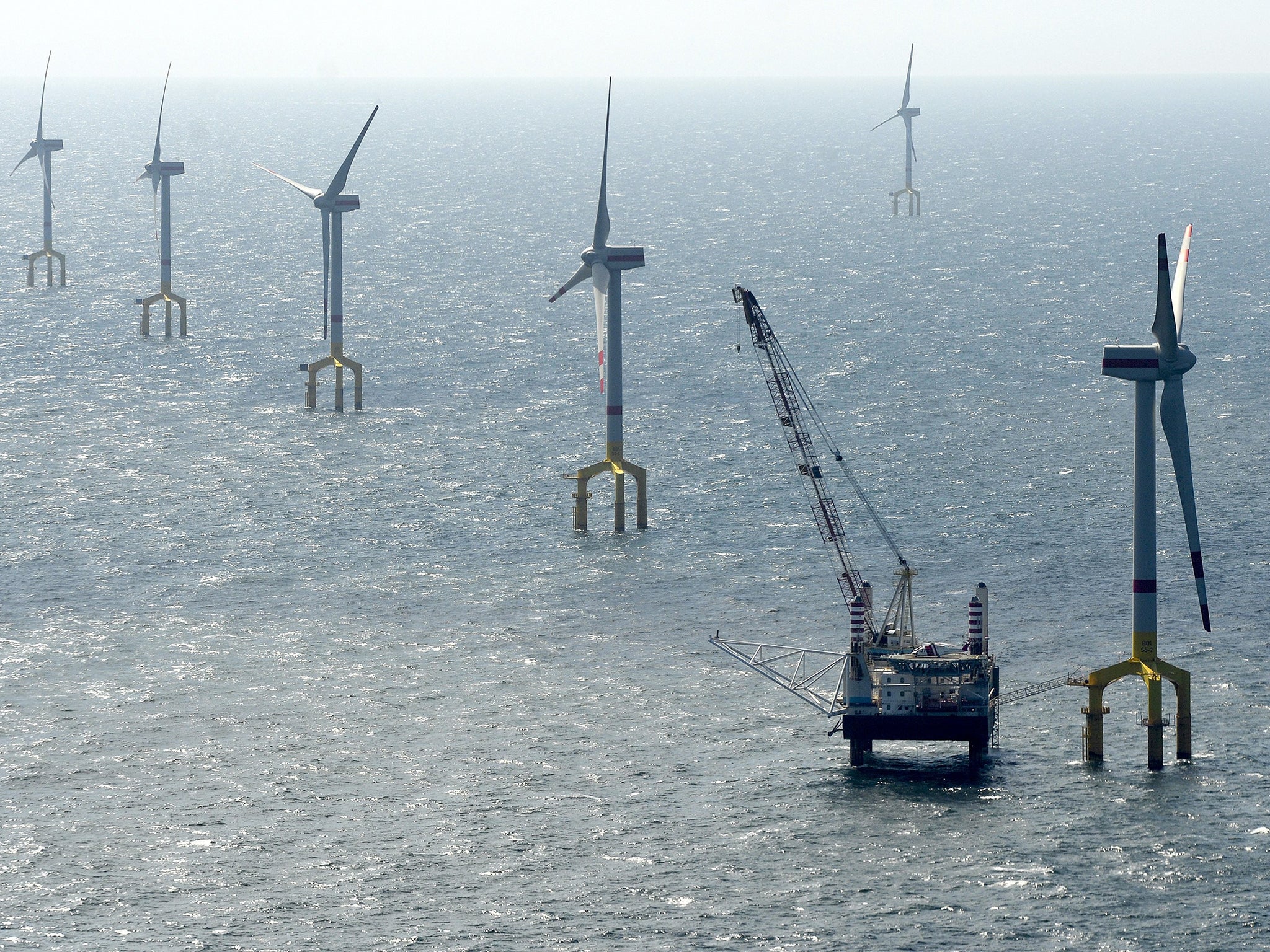SNP hopes of full fiscal autonomy dealt blow by slump in North Sea oil revenues
Opposition parties at the Holyrood Parliament claimed new official figures exposed 'a massive financial black hole' in the Nationalists’ ambitions

Your support helps us to tell the story
From reproductive rights to climate change to Big Tech, The Independent is on the ground when the story is developing. Whether it's investigating the financials of Elon Musk's pro-Trump PAC or producing our latest documentary, 'The A Word', which shines a light on the American women fighting for reproductive rights, we know how important it is to parse out the facts from the messaging.
At such a critical moment in US history, we need reporters on the ground. Your donation allows us to keep sending journalists to speak to both sides of the story.
The Independent is trusted by Americans across the entire political spectrum. And unlike many other quality news outlets, we choose not to lock Americans out of our reporting and analysis with paywalls. We believe quality journalism should be available to everyone, paid for by those who can afford it.
Your support makes all the difference.The SNP’s plan for full fiscal autonomy in Scotland has been dealt a blow after new figures showed a slump in projected oil revenues.
Opposition parties at the Holyrood Parliament claimed new official figures exposed “a massive financial black hole” in the Nationalists’ ambitions and claimed they had previously misled the public about how much tax would be raised from the oil industry.
In its Oil and Gas Bulletin, the Scottish Government predicted revenues of between £2.4bn and £10.8bn over the next four years – compared with last year’s prediction of £15.8bn to £38.7bn.
Scottish Labour’s finance spokeswoman, Jackie Baillie, said: “These new figures blow the SNP’s policy of full fiscal autonomy out of the water. We know cutting ourselves off from UK-wide taxes would blow a £7.6bn hole in Scotland’s finances.
“Last week the SNP trooped through the lobbies with the extreme right wing of the Tory Party to vote for full fiscal autonomy. It is as clear as day now that they knew the policy would be a disaster for Scotland – the SNP Government’s own figures prove it.”
Scottish Conservative enterprise spokesman Murdo Fraser said: “Now it is confirmed. If Scotland was independent, we’d now have a massive financial black hole to deal with.
“The SNP attempted to keep the public in the dark and mislead on oil prices. When will the Scottish people get an apology? It’s clear to see we dodged a bullet when Scotland voted No last September.”
Mr Fraser warned that if the Scottish Government managed to achieve full fiscal autonomy it would lead to “cuts in public services and tax rises”.
Last week Westminster MPs voted against an SNP plan to give Scotland control of all policy areas apart from defence and foreign affairs – a plan that would effectively have given Scotland full fiscal autonomy. But it remains one of the SNP’s medium-term goals.
The bulletin’s worst-case scenario, which would see £2.8bn raised in tax receipts from the Scottish section of the North Sea oil industry between 2015/16 and 2019/20, was based on the Office for Budget Responsibility’s predicted oil price of about $70 a barrel.
The best-case figure of £10.8bn was based on a return to oil prices of $100, which most experts consider unlikely, although many predict a rise from the current level of about $60. The report notes there is “no consensus about the rate or size of this increase”.
But a spokesman for Deputy First Minister John Swinney said that the report showed that “Scotland remains, by some margin, the biggest oil producer in the entire European Union”.
“No other country in such a position would have it suggested that it could not finance itself,” he said. “But Scotland’s economy is built on much more than oil. We already more than pay our way, with more revenue raised per head than the UK for every one of the last 34 years.”
Mr Swinney has insisted that Whitehall is not doing enough to help the oil industry: “The critical issue is that the UK Government needs to deliver on its commitment to consult on incentives to boost exploration in the North Sea.”
Join our commenting forum
Join thought-provoking conversations, follow other Independent readers and see their replies
Comments